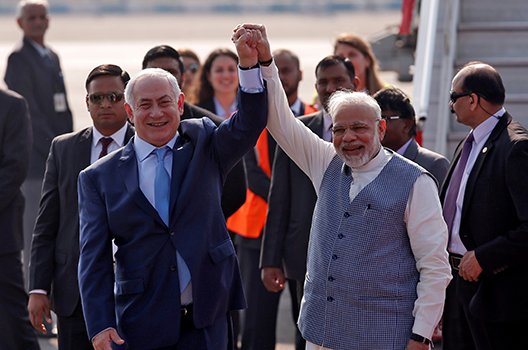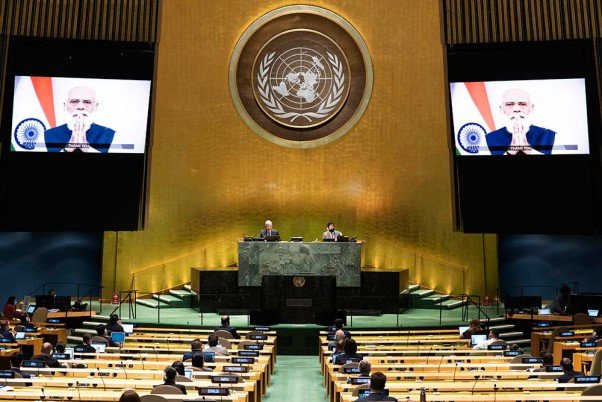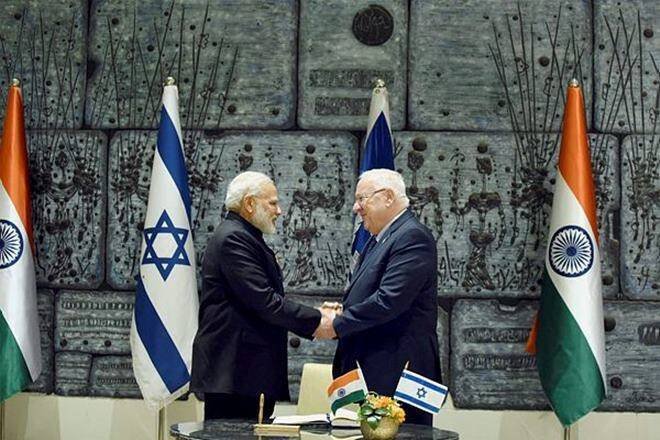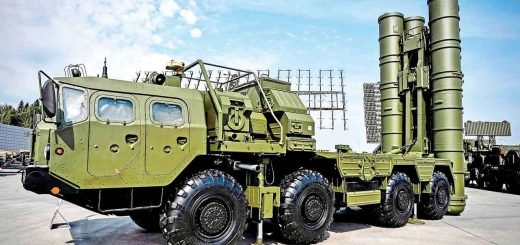India maintains equilibrium on Israel-Gaza conflict

Introduction
The ravaging conflict between Israel and Gaza’s militant Hamas which has come to fragile halt after elven days of conflict drew concerns from the international community.
UN Security Council convened a meeting named “the situation in the middle East” on May 16th, 2021 after a consequential escalation with significant number of Palestinians being killed by airstrikes in Gaza. UN Secretary General Antonio Guterres, remarked the ongoing hostility as “an uncontainable security and humanitarian crisis.” In the meeting, he urged that the fighting must stop immediately as the hostilities between the two parties is ‘utterly appalling’.
India’s response at the UNSC over the conflict
India, a non-permanent member of UNSC, expressed grave concern at the unending clashes and violence taking place in Jerusalem, and the possible eviction process of Palestinians families in Sheikh Jarrah. T.S. Tirumurti, India’s Permanent Representative at the UN, firstly, condemned the indiscriminate rocket firing Gaza targeting civilian population in Israel and lamented the demise of people who have lost their lives in the violence. Also, he stated the retaliatory strikes into Gaza have brought about monumental distress and resulted in deaths, including of women and children. Secondly, he called for an immediate de-escalation and urged both sides to abstain from actions that aggravate tensions, and refrain from ‘attempts to unilaterally change the existing status-quo, including in East Jerusalem and its neighbourhood.’ Lastly, he reaffirmed India’s strong support to the “just Palestinian cause” and its “unwavering commitment to the two state solution.”
Though India talked about two-state solutions but did not reference the status of Jerusalem or the future borders of the two states, in line with a recent change in its policy. Until 2017, India was advocating the formation of an independent, sovereign Palestine state based on the 1967 border and east Jerusalem as its capital that lives alongside Israel.

Shift in India-Israel relation
India’s support for the Palestinian cause has always been an integral part of the nation’s foreign policy and this historical support is manifested in Mahatma Gandhi’s 1938 statement, “Palestine belongs to the Arabs in the same sense that England belongs to the English and France to the French.” In 1974, India became the first Non-Arab State to recognize the Palestine Liberation Organization (PLO) as the Palestinian people’s legal representative and became one of the first countries to recognize the Palestinian State in 1988.
Furthermore, India was one of the countries which voted against the creation of Israel in historic Palestine in 1947 in the UN General Assembly. But a transformation in ties with Israel slowly started taking place since the early 1990s and established full diplomatic relation in 1992.
India has consolidated its ties with Israel in recent decades and increased dramatically with the Narendra Modi, Prime Minister of India, coming to Power in 2014. Moshe Ya’alon, Israeli Defense Minister, made the first ever official visit in 2015 with the purpose to increase interaction and cooperation between defense industries in Israel and India. The key to the growing India-Israel ties, however is the realm of security and defense.
Headlines such as a “huge development for India” were made by local news organisations when India abstained from a vote at UNHRC that supported their Gaza Commission of Inquiry report in July 2015. India was one of only five others who abstained from voting comparing to forty-one countries voted in favour of adopting the findings of the biased report. This manifested the first ever incident when India had voted against Palestinian interests at the UNHRC, indicating a conceivably critical shift in India-Israel relations.

Narendra Modi became the first sitting Indian PM to visit Israel in 2017 where Israeli Prime Minister accompanied him to various cultural events. During his three-day visit, he did not meet with any Palestinian officials. Mr. Netanyahu also travelled to India in 2018 which signals a significant shift in relation of two countries.
Conclusion
Although, there was open condemnation of rocket fire from Gaza, but no similar condemnations were directed explicitly towards the disproportionate and brutal bombings carried out by Israel in retaliation on an impoverished Gaza strip. India not only walked a tightrope by standing in Solidarity with Palestinians without directly censuring the Israel’s act but also acted mindful enough so as not to disturb Israel’s sensitivities. It also circumvented any harsh statement capable of jeopardizing the cordial diplomatic relation shared by the two countries.
The statements made by T.S. Tirumurti, India’s Permanent Representative at the UN, elucidates a policy called De-hyphenation towards Israel to safeguard a sanctified balance in its ties with Israel and its ties with the Palestinian Authority. De-hyphenation, in international politics means coping with two countries, sharing adversarial relationship, in an independent manner i.e. establishing relationship with one, ignoring the intricacies of its relations with the other.
This implies that India’s relationship with Israel would remain on its own benefits, autonomous and separate from India’s relationship with the Palestinians. It would at this point don’t be India’s relationship with Israel-Palestine, however India’s relationship with Israel, and India’s relationship with the Palestinians.
Henceforth, it would be prudent enough to say that the India’s statements at UNSC were equivocal so as to maintain balance between India’s historic ties with Palestine and its blossoming relations with Israel.


















